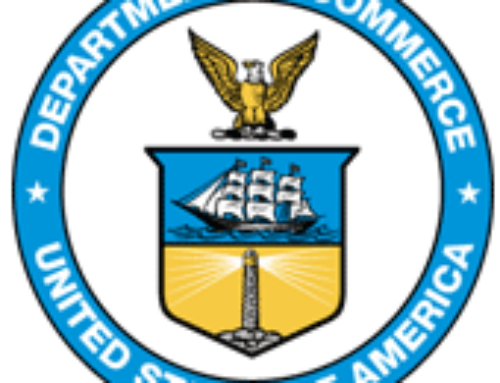AKC Note: The site was originally built by Wellman Inc., but purchased by DAK in 2011. The original plan was for 2 lines of PET resin plus 1 line of staple fiber. The staple line was never run in full commercial production as Wellman exited the staple business. During DAK’s ownership all 3 lines have been producing PET resin. The plan is for 1 of the lines to be converted back to staple and the remaining 2 lines will continue to produce PET resin. The expansion project will have a total capacity of 105,000 tons per year, with initial commercial production planned for late 2016. Production will be focused on fine denier products mainly of less than 3 denier, but will have the capacity to go from 0.9 denier to 9 denier. The site is a major producer of polyester and has all the infrastructure in place required for the staple expansion. It is estimated the plant will add 86 jobs to the current workforce. The plant location will allow easy servicing of both the U.S.A. and Mexican markets.
DAK Americas announces a polyester staple expansion of 230 million lbs per year at its Pearl River Mississippi plant.
AKC Note: The site was originally built by Wellman Inc., but purchased by DAK in 2011. The original plan was for 2 lines of PET resin plus 1 line of staple fiber. The staple line was never run in full commercial production as Wellman exited the staple business. During DAK’s ownership all 3 lines have been producing PET resin. The plan is for 1 of the lines to be converted back to staple and the remaining 2 lines will continue to produce PET resin. The expansion project will have a total capacity of 105,000 tons per year, with initial commercial production planned for late 2016. Production will be focused on fine denier products mainly of less than 3 denier, but will have the capacity to go from 0.9 denier to 9 denier. The site is a major producer of polyester and has all the infrastructure in place required for the staple expansion. It is estimated the plant will add 86 jobs to the current workforce. The plant location will allow easy servicing of both the U.S.A. and Mexican markets.


Leave A Comment